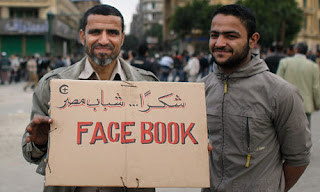Rota virus and pneumonia are the top two killers in Africa. Both the Rota Virus and pneumonia kill over 500,000 children a year. In response to this epidemic, vaccines has been created to help fight against these diseases. The GAVI Alliance announced in Geneva that the vaccine has recently been approved. 16 countries have introduced the Rota Virus vaccine, and 18 countries have received the pneumonia vaccine. Sudan was the first country to introduce the vaccine in July as a part of their national immunization program- becoming the very first African country to do so. By the year 2015, the GAVI alliance and its partners plan to send funding to over 40 developing countries. That can immunize 50 million children against the Rota Virus. They also plan to immunize 90 million children with pneumonia. But they plan to distribute the vaccine to the children who are in greater need of the vaccine first. The new vaccine will prevent millions of deaths; most importantly children will have a better chance of living a full life.
CB: Geneva Schlottman





